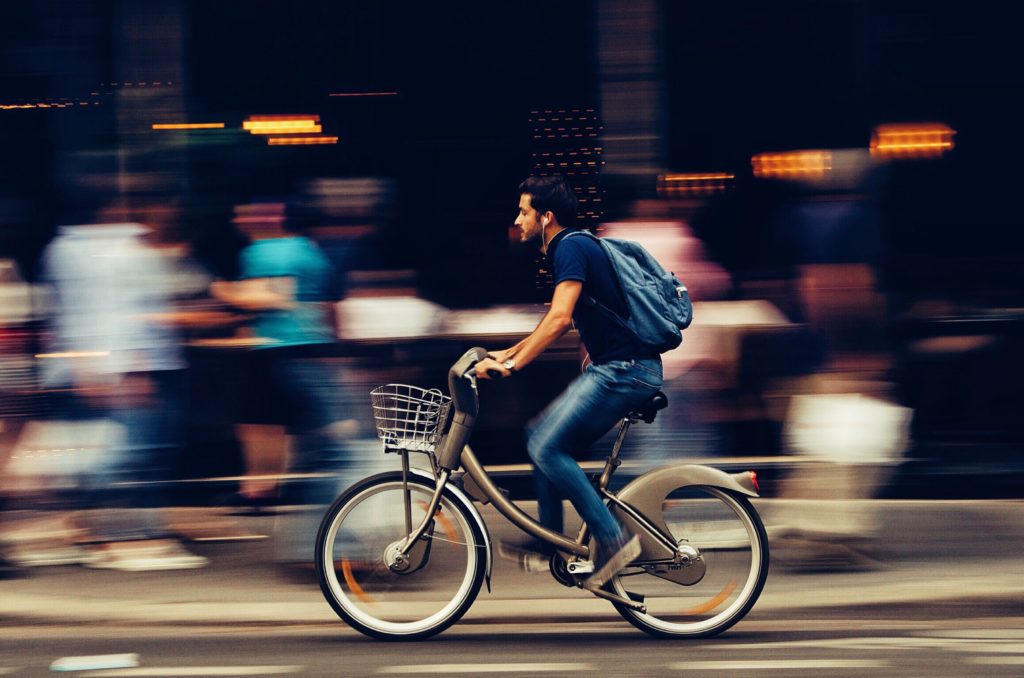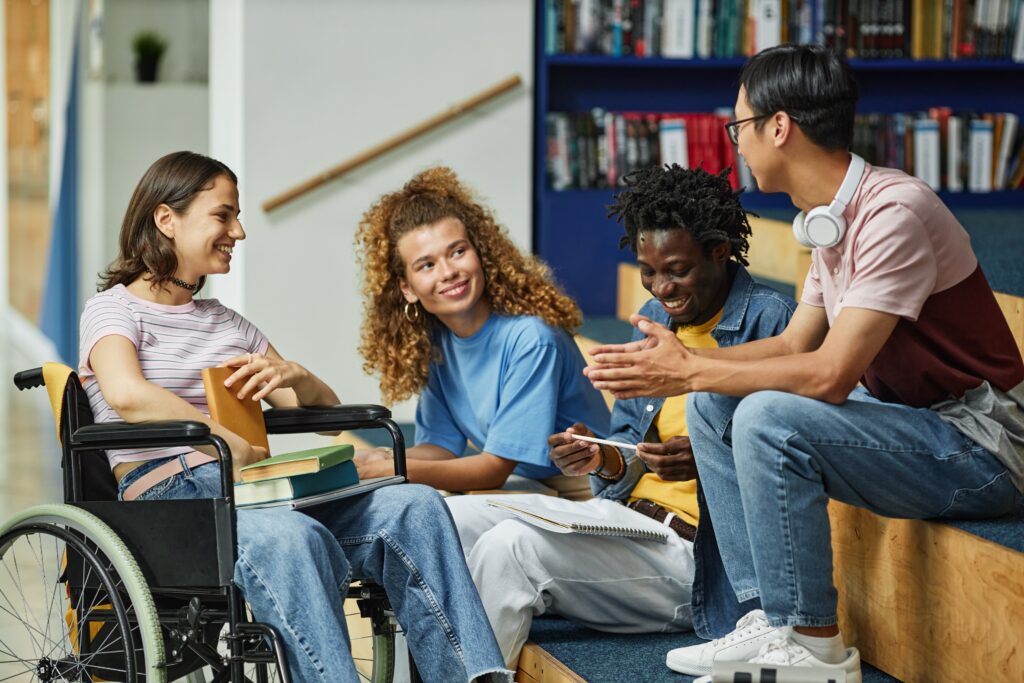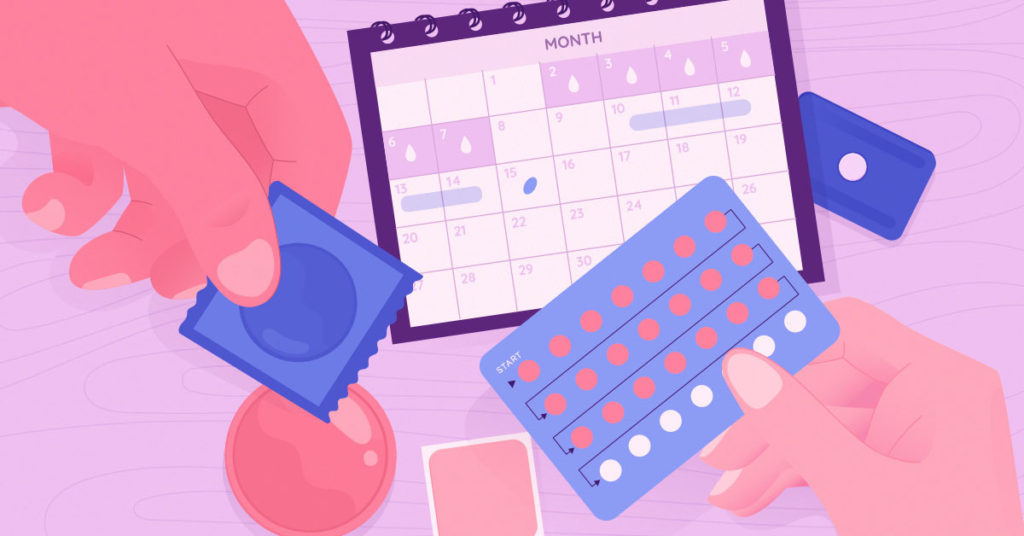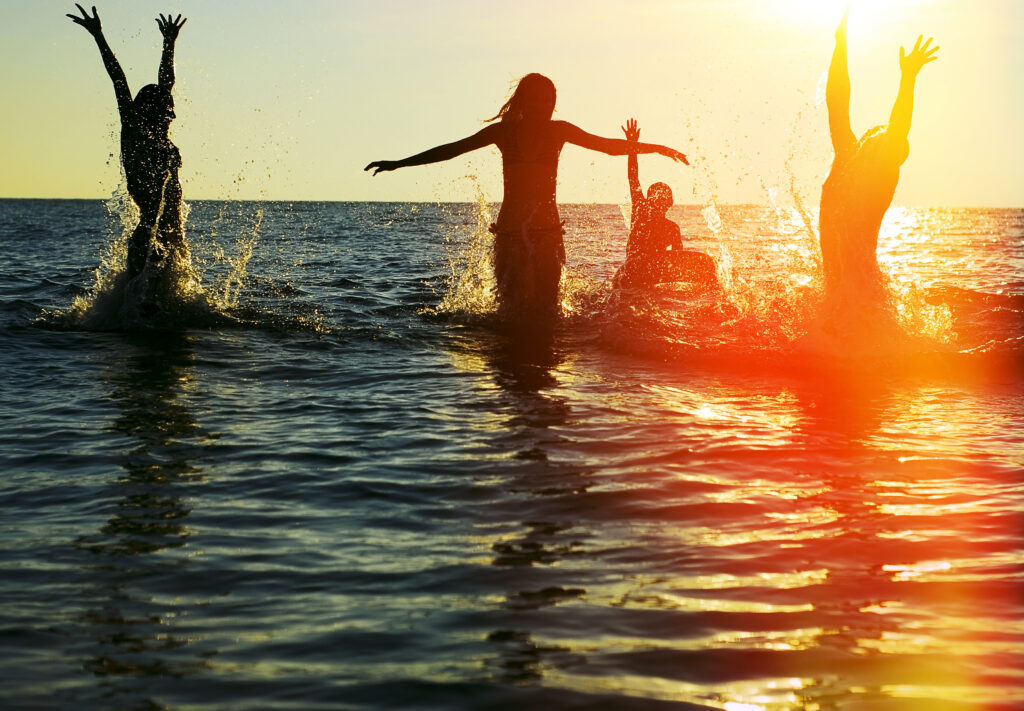Making your daily habits greener doesn’t have to be difficult. In Australia, there’s a growing consciousness around environmentally friendly practices, especially ones that are easy to integrate into your routine. If you want to jump on board and help the environment, here are some handy tips.
1. Save water
The famous poem is totally spot on — Australia really is a dry and sunburnt country! That means that sometimes there’s not a lot of water to go around. In Australia, locals are taught to conserve water and be mindful of wastage.
To conserve water at home:
- Take shorter showers
- Don’t flush rubbish down the toilet, or flush unnecessarily
- Make sure your dishwasher is totally full before washing dishes
- Hand-wash your dirty dishes in a plugged sink (no running taps)
- Wash dirty clothes together as a big wash
- Water your garden in the morning or evening
You can check out more tips for saving water at Cleanup.org.
2. Walk or ride your bicycle when you can
Why not cycle or walk to and from university, or when you’re running errands? Cycling and walking help to reduce traffic congestion and emit less carbon into the atmosphere, making them much more environmentally friendly ways of getting around. Plus, they’re really good for you.
Walking offers some major health benefits. It increases heart and lung fitness, strengthens bones and increases muscle strength, whilst reducing the risk of heart disease and stroke. Cycling increases stamina, strength, good posture, coordination and aerobic fitness. It’s also been shown to decrease stress and reduce anxiety and depression levels, which can be helpful during exam periods.
Tip: Cycling laws in Australia are a little different to those of other countries. Remember to read up on cycling and the law in your state. Check out our guide here.
3. Take public transport
By taking a bus or train, you’ll help reduce reliance on fossil fuels, as public transport is significantly more energy efficient than private cars. And as with walking or riding a bicycle, you’ll be helping to ease traffic congestion and air pollution. According to Translink, one full bus can take more than 50 cars off the road, whilst one full train can take more than 600 cars off the road. Plus, by walking to and from your nearest public transport stop, you’ll also incorporate more exercise into your day.
4. Be energy efficient
If possible, try not to excessively use air conditioning or heaters at home. Instead, use blankets or open windows to regulate temperature. Be mindful of switching off lights and appliances around the house when not in use. When buying appliances, check the energy rating – the higher the rating, the more environmentally friendly the product.
5. Compost
Why not join a local community garden? It’s a great way of meeting new people and getting to know your local community. Otherwise, if your accommodation allows it, you can make your own compost inside or outside your home. Turning food waste into compost not only saves you money in the long run, but its rich nutrients will also:
- Improve the soil quality of your garden
- Reduce the use of artificial fertilisers
- Reduce greenhouse gas emissions
- Reduce landfill by encouraging sustainability
Check out Cleanup Australia’s compost tips here.
6. Take your canvas bags to the supermarket
Slowly, Australian supermarkets are cutting back on plastic bags, as they’re pretty harmful to the environment. They can end up in waterways and natural habitats, which can damage ecosystems and hurt animals and marine life. Plus, they’re toxic. In fact, there’s enough embodied petroleum energy in 8.7 plastic supermarket bags to drive a car one kilometre – crazy!
By bringing a canvas bag, you’ll:
- Reduce harmful landfill
- Reduce greenhouse gases
- Be way more fashionable when shopping
For more facts about the harmful effects of plastic bags, check out Clean Up Australia’s Recycling Fact Sheet.
7. Reduce, reuse, recycle!
The Three R’s — reduce, reuse, recycle — are really easy to implement and will do a world of good for the environment.
To reduce:
- Buy products with less packaging — and simply just buy less!
- Save water
- Walk and cycle
- Use public transport
- Use canvas bags
To reuse:
- Purchase reusable products instead of single-use or disposable ones
- Trade and swap appliances or goods with other international students
- Shop at second-hand stores
- Reuse plastic bags or packaging
- Refill water bottles — luckily, most Australian tap water is drinkable!
To recycle:
- Purchase products made from recycled materials
- Depending on your local council, sort rubbish into ‘recyclables’ and ‘non-recyclables’
- Compost your waste
Remember – three, it’s a magic number!





